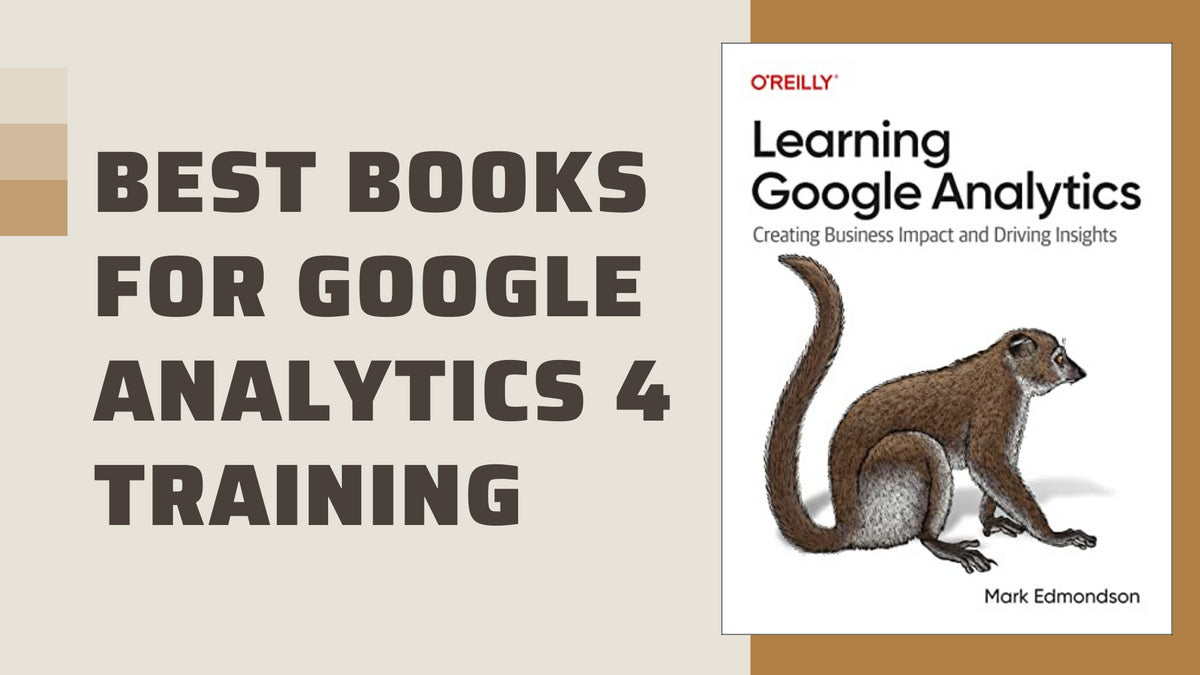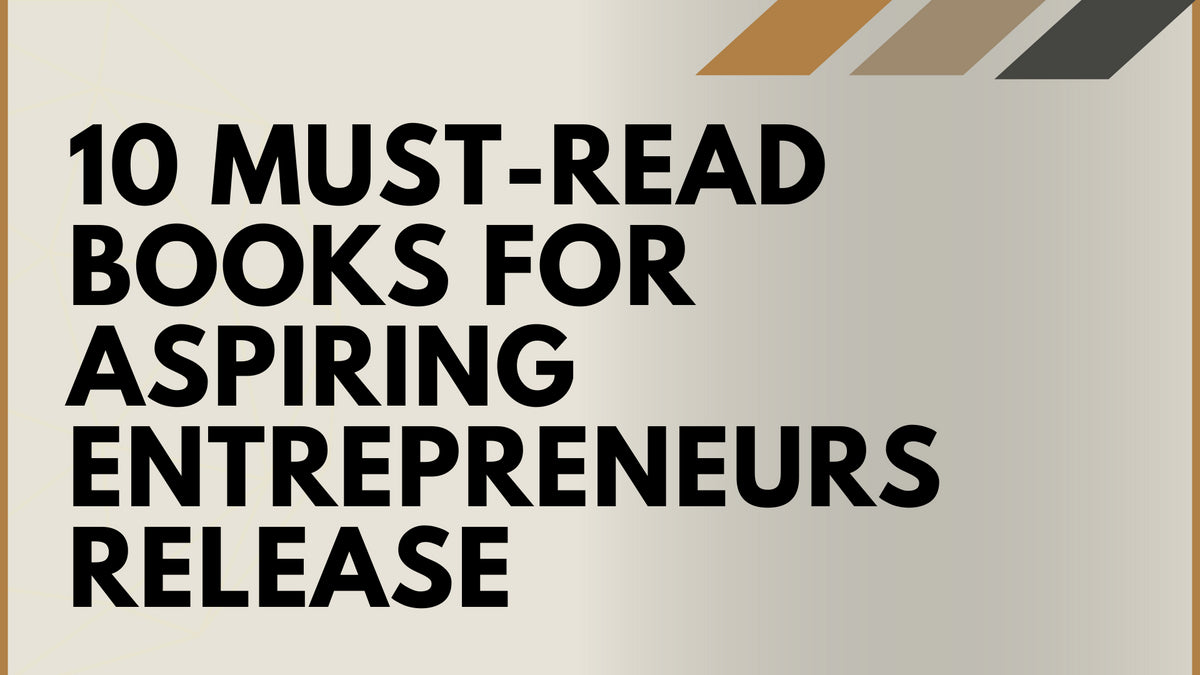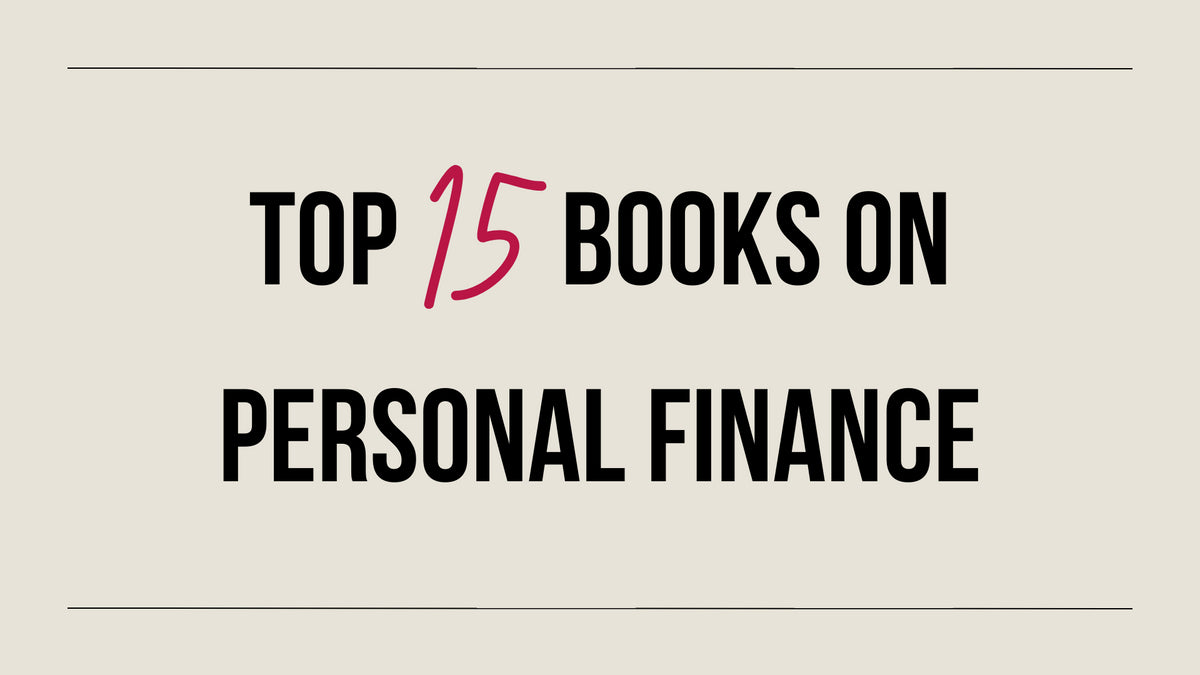Your Cart is Empty
Principles Book Review: Ray Dalio's Life and Work
Listen To This Article
Learn From A Billionaire's Lessons
People who achieve success in their personal and work lives live by their principles or fundamental truths. They thrive by embracing reality and relying on radical honesty and radical transparency, applicable in every relationship. In a group setting applying the concept of idea meritocracy, independent thinkers come together, air disagreements, and come up with the best possible collective thinking resolution by using a believability-weighted system. In this system, an idea’s legitimacy is weighted based on the person’s track record and how well an idea is explained. Problem solving and decision-making are always based on well-defined principles in life and work.
A lot of information is provided in the book Principles, but the overriding theme is that people must deal with reality on a personal level and in group relationships and be willing to learn from mistakes in order to achieve success.
Learn How To Succeed In Business
- Principles are the fundamental truths that serve as the foundation for behavior, enabling you to get what you want out of life
- Basing your principles on truths is crucial to reaching goals
- People learn decision-making skills from encounters with reality in which choices are made and consequences experienced, and it is a lifelong learning process
- It is important to develop a process for working through disagreements and learning to recognize and admit when wrong
- Getting past the pain of mistake-making and using mistakes opportunities for learning drives success
- Dreams plus reality plus determination equals a successful life
- Being a hyperrealist means appreciating the beauty of realities, even when they are harsh
- A 5-step process for achieving what you want in life
- Importance of accepting that people are wired differently
- A process for systemized learning from mistakes
- How to develop personal principles by studying cause-effect relationships and patterns and embracing reality
- The principle of thoughtful disagreement in which people are guided by the fear of missing important perspectives
- Importance of owning outcomes, confronting weaknesses and making effective decisions
- The process of applying life principles to groups as work principles
- The idea meritocracy consists of radical truth, radical transparency and believability-weighted decision-making
- Applying life principles in an organizational setting, creating a culture in which everyone understands that mistakes are opportunities for learning
- Process for resolving conflicts

Featured In This Review
Principles: Life and Work
$16.29
Life lessons from billionaire Ray Dalio. How respecting everyone's opinion equally has changed his business and life. Actionable steps to change your life.
SHOP NOWPrinciples Book Review
Principles are operating guidelines, so to speak. They are the foundation on which behavior is based as people try to get what they want out of life. Ray Dalio takes a deep dive into the concept of principles, using his personal journey of learning to achieve success as the starting point. His first and most important principle is to keep an open mind as you decide what you want for yourself and to base it on what is true (reality). From that point on, base your behavior on your reality throughout life which includes making mistakes and learning from them. Perfectly Confident is the ultimate book on basing behavior and decisions on reality.

Part I, Where I’m Coming From:
Is a discussion of his experiences that led to his personal principles that guide his decision-making. It is his personal story, and one he says you can skip, if desired. However, this section explains Bridgewater’s growth through good decisions, including investing in powerful computers for investment research, discovering inflation-indexed bonds and risk parity, and building a culture in which other people made good decisions based on solid principles. Another book from a successful businessman comes from the founder of Home Depot I Love Capitalism.
Want to buy a book review like this?
Click here to learn how to get your book reviewed!
It also describes mistakes made that were turned into opportunities. He provides insights that every manager can embrace. For example, when Dalio stepped down as CEO, the company struggled due to a gap in what he calls “shaping.” A shaper (Dalio mentions Steve Jobs and others) is someone who comes up with unique and valuable visions and then successfully builds them out over the doubts and opposition of others. Malcolm Gladwell would also refer to these people as outliers in his book about success: Outliers.

In Part II, Life Principles:
The main idea presented is that you must decide what you want and then use the truth to decide what you should do. Whatever you decide must adhere to your principles. Therefore, identify your principles first to create a solid foundation for moving forward. This book section offers a 5-step process for getting what you want in life. The steps are to have clear goals; identify and do not tolerate problems that stand in the way; diagnose the problems to discover their root causes; design plans to get around the problems; and push the designs through to results. Following this 5-step plan will get you on the upward evolutionary curve in which you use failures to learn and grow. This is something discussed a great deal in the book How To Stop Worrying & Start Living.
The 5-step process may seem a bit simplistic on the surface, but the reality is that people often get stopped at the second step. They tolerate problems which become excuses for lack of progress. Each step should be done well and one at a time. For example, when setting goals, just set goals and do not think about the next steps. Dalio goes on to discuss factors like barriers to good decision-making which are ego and blind spots; the different ways people experience reality; and the importance of truthful and transparent communication to ensure the best ideas emerge and win out. This is something considered to be of paramount importance in the book Creating Magic.
The five broad life principles advanced in this section are to embrace and deal with reality, use the 5-step process to achieve goals, be radically open-minded, understand how people are wired differently and learn to make effective decisions.

Part III, Work Principles:
The main idea is that work should be aligned with your passions, and work with people you want to build a future with. Life principles are still the foundation for decision-making and relationship building in the group setting. The organization should build a great culture where disagreements are allowed to be aired and resolved. There must be radical truth and racial transparency, meaningful work and relationships, a cultural value of learning from mistakes; and using Believability-Weighted Decision-Making. The people you chose to work with makes it possible. For more on finding the right people to work with read the book WHO.
The book is a fascinating exploration of Bridgewater’s idea meritocracy that strives to deliver meaningful work through radical truth and transparency. Dalio discusses the process for applying principles and the 5-step process at the organizational level as a decision-maker. They include not tolerating problems (identify root causes, air them and resolve them), developing executive plans, using tools and protocols to shape habits and establishing good governance.
There are over 500 principles discussed throughout the book, and they are broken down into high, mid and sub-principle levels.

The work principles in particular are relevant. At Bridgewater, “thoughtful, unemotional disagreement by independent thinkers” is converted into believability-weighted decision-making that is smarter and more effective because it utilizes the power of the group. Team members feeling able to express their true opinions and be heard is an essential part of employee engagement. A great book on that is DRIVE.
As today’s businesses encourage innovative and creative thinking in the workforce to adapt to a dynamic marketplace, they must find a way to harness and coalesce ideas and decide which ones make sense based on reality. It is a challenge that many managers struggle to meet with success, meaning many innovative ideas are never acknowledged or get lost in emotional disagreements. This would explain why some companies are never able to produce continuous innovation, while others never stop. For more on the challenges of innovation read the legendary book Innovator’s Dilemma.
One of this book’s appealing features is that it is always upbeat. Dalio discusses events like mistakes in terms of learning opportunities and weaknesses as characteristics that can be methodically addressed. He recommends finding the most believable people you disagree with and make an effort to understand their reasoning.

Problems are opportunities to improve in pursuit of goals. He provides an enormous amount of detail too. This is not a book full of generalities. You learn the steps to solve disagreements, reach goals, use principles, use believability, weighted decision making, hire right, diagnose problems and much more. Everyone can benefit from the insights in this book whether looking for life or work guidance from someone who mastered success. A comparable success story is Jack Ma’s about building Alibaba.
About The Author Ray Dalio
Ray Dalio has seen enormous success as an investor and hedge fund manager. He was born in New York’s Queens borough in 1949, and began investing at the early age of 12 when he bought shares of Northeast Airlines. Dalio earned a Bachelor’s Degree in Finance from Long Island University (C.W. Post College) in 1971, and earned an MBA from Harvard Business Schoolin 1973.
Dalio’s worked as a clerk on the floor of the New York Stock Exchange to trade commodity futures between college and graduate school. While attending Harvard for two years, he spent summers trading commodities at Merrill Lynch. He then worked as the Director of Commodities at Dominick & Dominick LLC and became a broker and futures trader in 1974 at Shearson Hayden Stone. In 1975, Dalio founded Bridgewater Associates, an investment management firm he operated out of his two-bedroom apartment. A testament to his investment skills, Bridgewater Associates was the world’s largest hedge fund by 2005. The premier asset management now manages more than $160 billion in assets for more than 300 clients.
The investing success of Dalio reflects a deep knowledge of the economy. For example, in 2007 he suggested to the U.S. Treasury Secretary that the forces at work could lead to a global financial crisis (he was right!). His success is an investment strategy which he says is based on the principle of reality. Dalio’s basic premise is that you invest on the way things really are and not on how you wish them to be.
Dalio stepped down as a co-CEO of Bridgewater in March 2017 but retained an advisory role. He turned Bridgewater into a partnership and gave employees a stake in the firm to ensure its survival in the future. This supported his idea of developing an idea meritocracy. Ray Dalio is currently the Co-Chief Investment Officer and Co-Chairman of Bridgewater Associates.
Now a multi-billionaire, he supports charitable causes through the Dalio Foundation. Dalio signed “The Giving Pledge” with Warren Buffet and Bill Gates, committing half of his net wealth to charitable causes over his lifetime. He has a particular interest in oceanographic research and conservation. He believes in diversification, recognizing inflation risk, not holding or selling based on biases that do not reflect reality, selling winner stocks and reinvesting the profits, and understanding the structure of interest rates and the factors causing their movement.
Ray Dalio has authored several books. Principles for Success (2005), Principles: Life and Work (2017), Principles for Navigating Big Debt Crises (2018) and The Changing World Order: Why Nations Succeed or Fail (2021).
In 2012, Dalio received the American Academy of Achievement’s Golden Plate Award. His book Principles was listed as one of the 13 Best Business Books of 2017 by CNBC, was named a #1 New York Times Bestseller and earned the Axiom Business Book Award for 2018.
Ray Dalio gave a TED talk on How to Build a Company Where the Best Ideas Win which has had 3.8 million views, a testament to his influence.
The author is the recipient of three “Lifetime Achievement” awards. Dalio has been called the “Steve Jobs of Investing” by aiCIO Magazine and Wired Magazine. He was also named one of the 100 Most Influential People by Time Magazine. You can find more information about Ray Dalio and get current updates and shared principles on his Twitter, Facebook and LinkedIn accounts.
Want to buy a book review like this?
Click here to learn how to get your book reviewed!
Leave a comment
Comments will be approved before showing up.
Also in Books

The Best Books for Google Analytics 4 (GA4) Training
Unlock the secrets of Google Analytics 4 with our curated list of the best GA4 training books for 2023! Dive deep into actionable insights, master advanced techniques, and lead the digital analytics revolution. Don't get left behind; discover the ultimate resources to dominate GA4. Click now to elevate your skills!
Read More
10 Must-Read Books for Aspiring Entrepreneurs
Do you dream of starting your own business? If so, you need to read this article! We've compiled a list of 10 must-read books for aspiring entrepreneurs. These books will provide you with the knowledge and inspiration you need to turn your dream into a reality. Click here to read the article and learn more!
Read More
Top 15 Books on Personal Finance
Are you looking for a safe and informative place to learn about personal finance? If so, you've come to the right place! This article discusses the top 15 personal finance books on the market, all of which are sure to help you improve your financial situation without any explicit sexual descriptions or that is sexually suggestive in nature or is primarily intended to cause arousal.
Read More